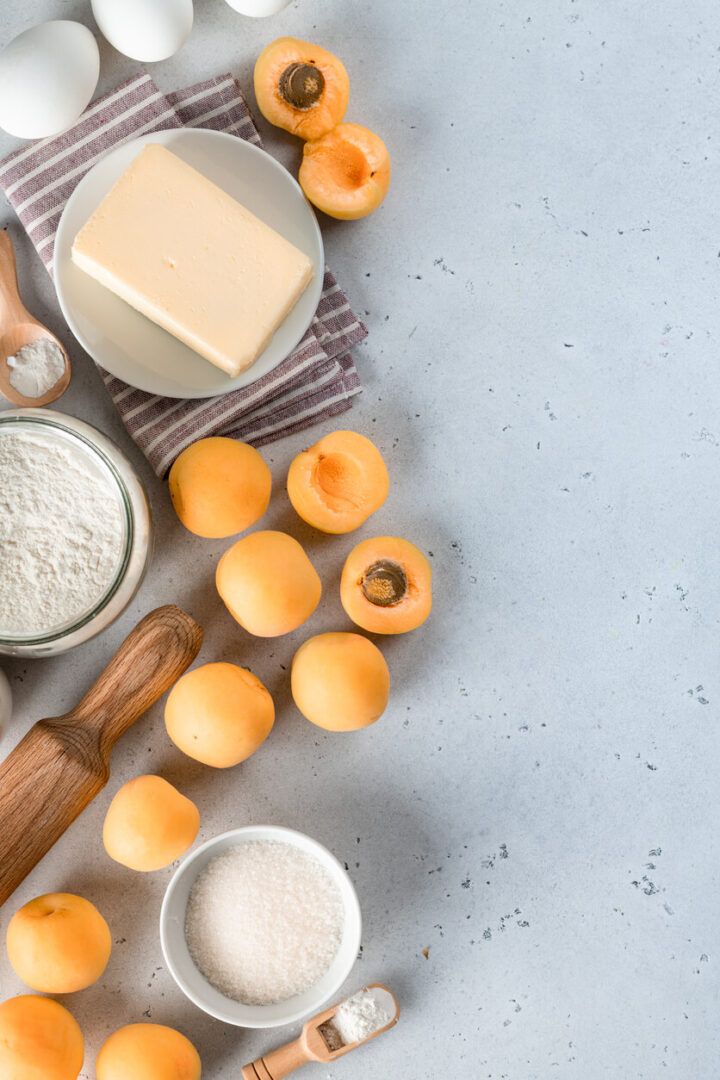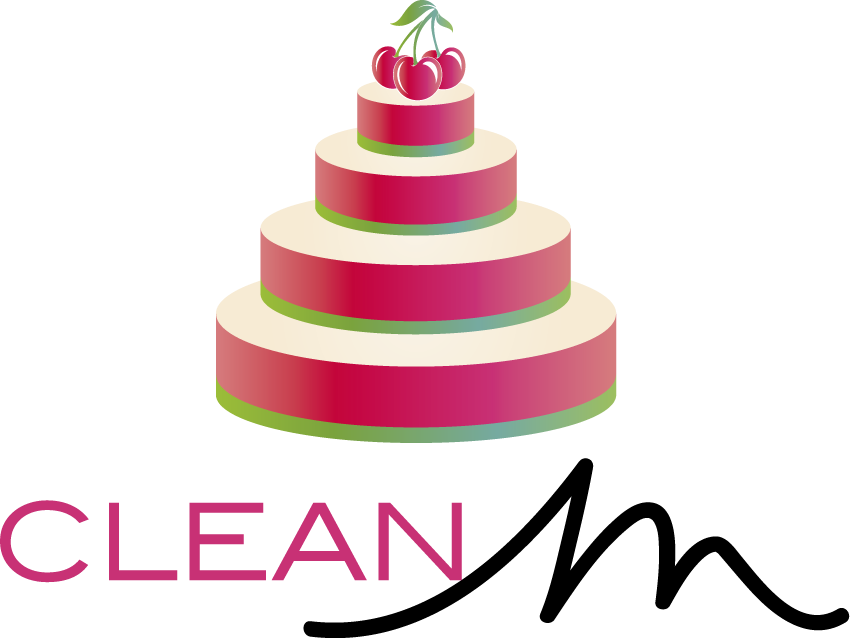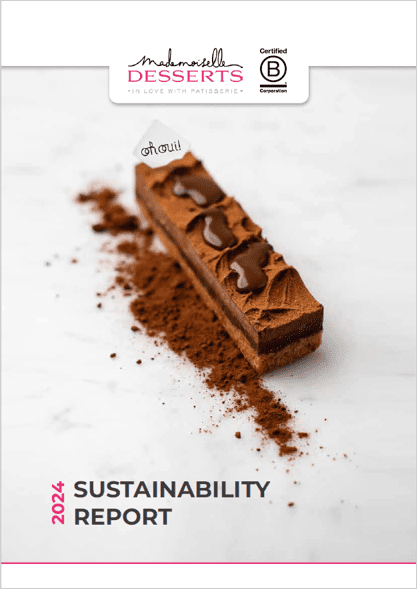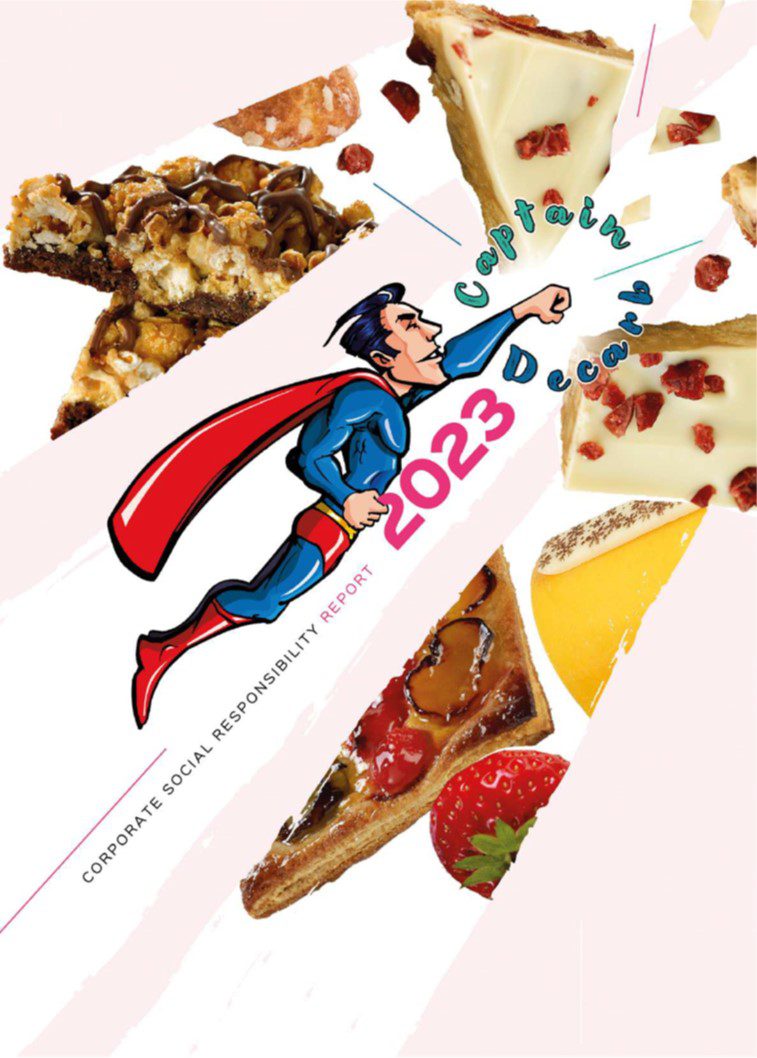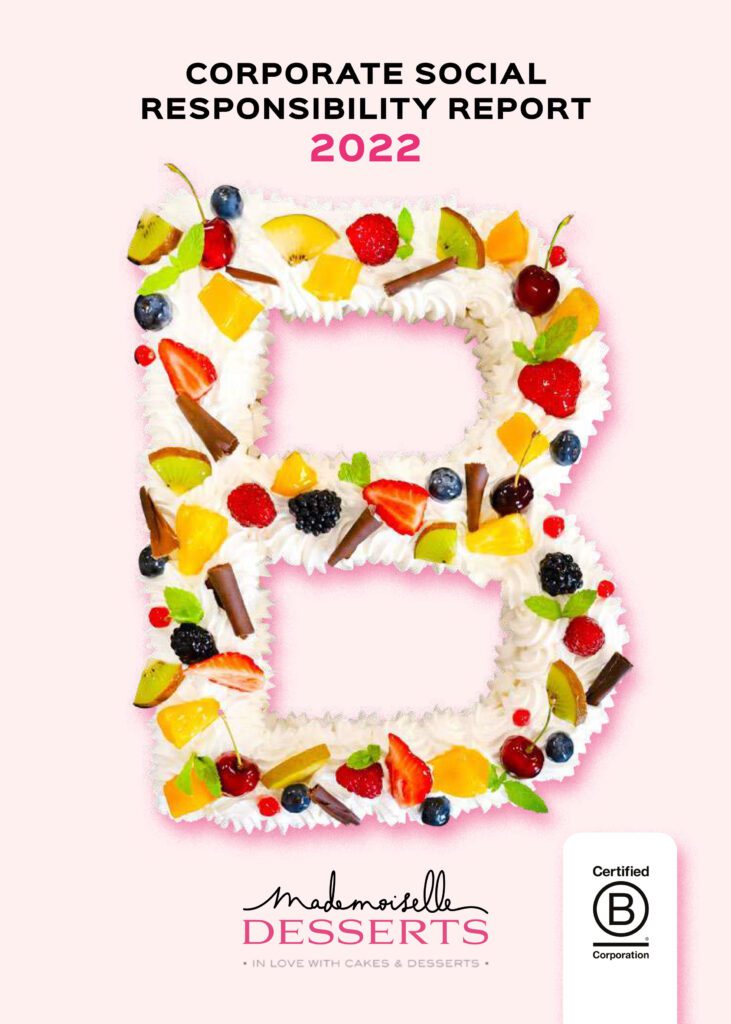

Packaging which combines protection of the product, our teams and environmental impact.
Although a list of purified ingredients, without additives, with local and responsible ingredients is vital, packaging is an increasingly important decision criteria for young consumers.
In 2020, Mademoiselle Desserts launched a 5-year project called PACK M to align the reduction of packaging and elimination of non-recyclable packaging, to measure the work carried out.
There are several challenges in the targets for 2025:
- Virgin fibre packaging: Use 100% FSC and PEFC fibres
- Work towards recycled fibre packaging when the product risk is controlled
- Work towards 60% recycled material integrated into our plastic packaging
- Use and launch packaging which has an existing recycling programme, and in place → Work towards 100% recyclable in 2025.
- Reduce the weight of our plastic packaging by 5% each year to achieve our goal of 20% by 2025
- Optimise the logistics of our pallets to transport the least amount of empty space as possible
This is now a daily concern for all the Purchasing, Packaging Development and R&D teams.
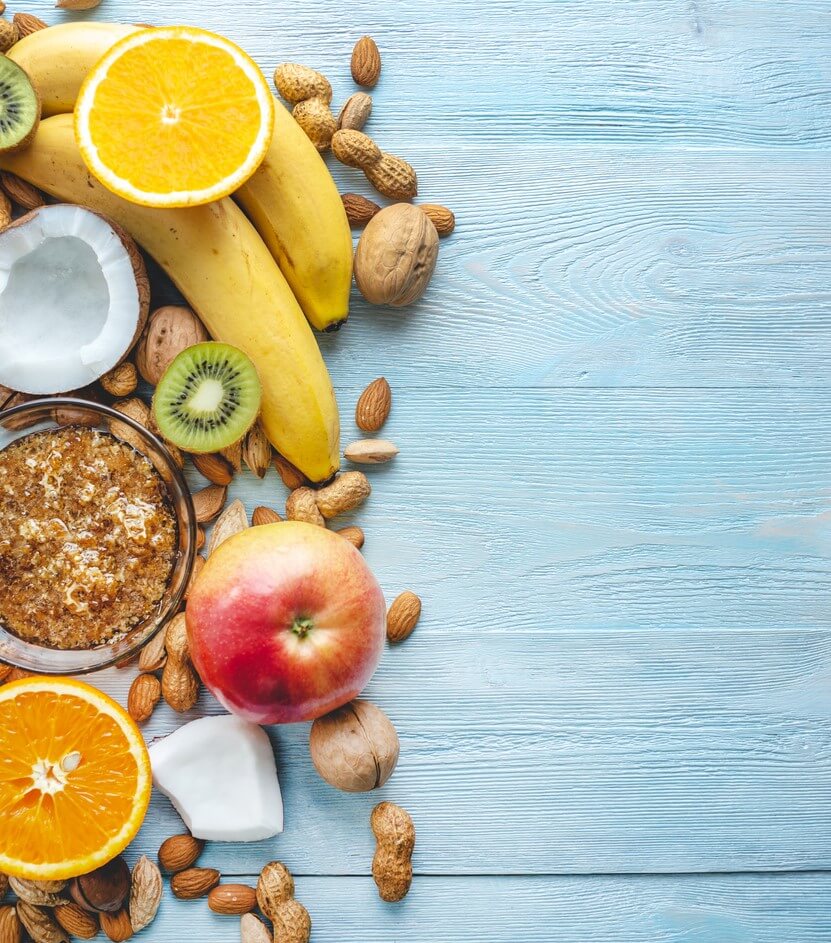
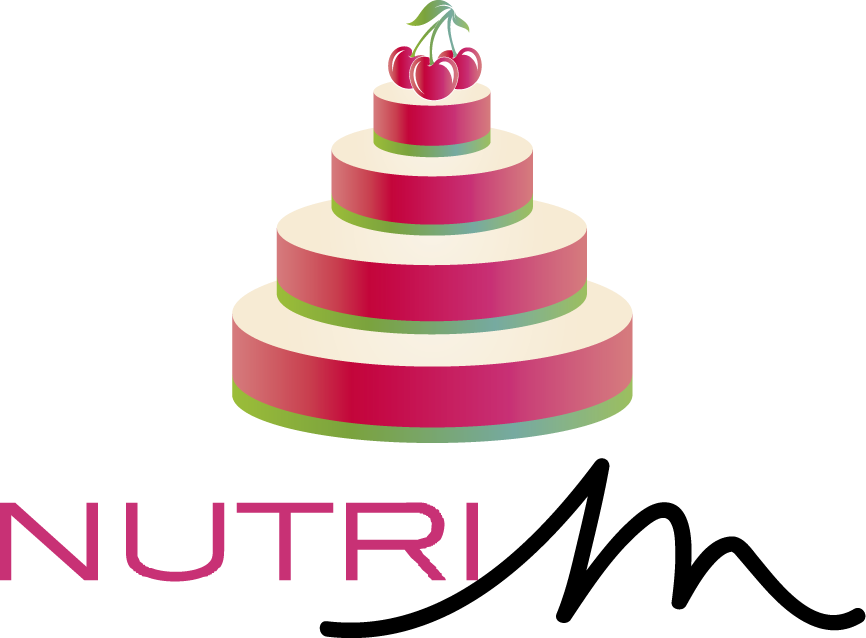
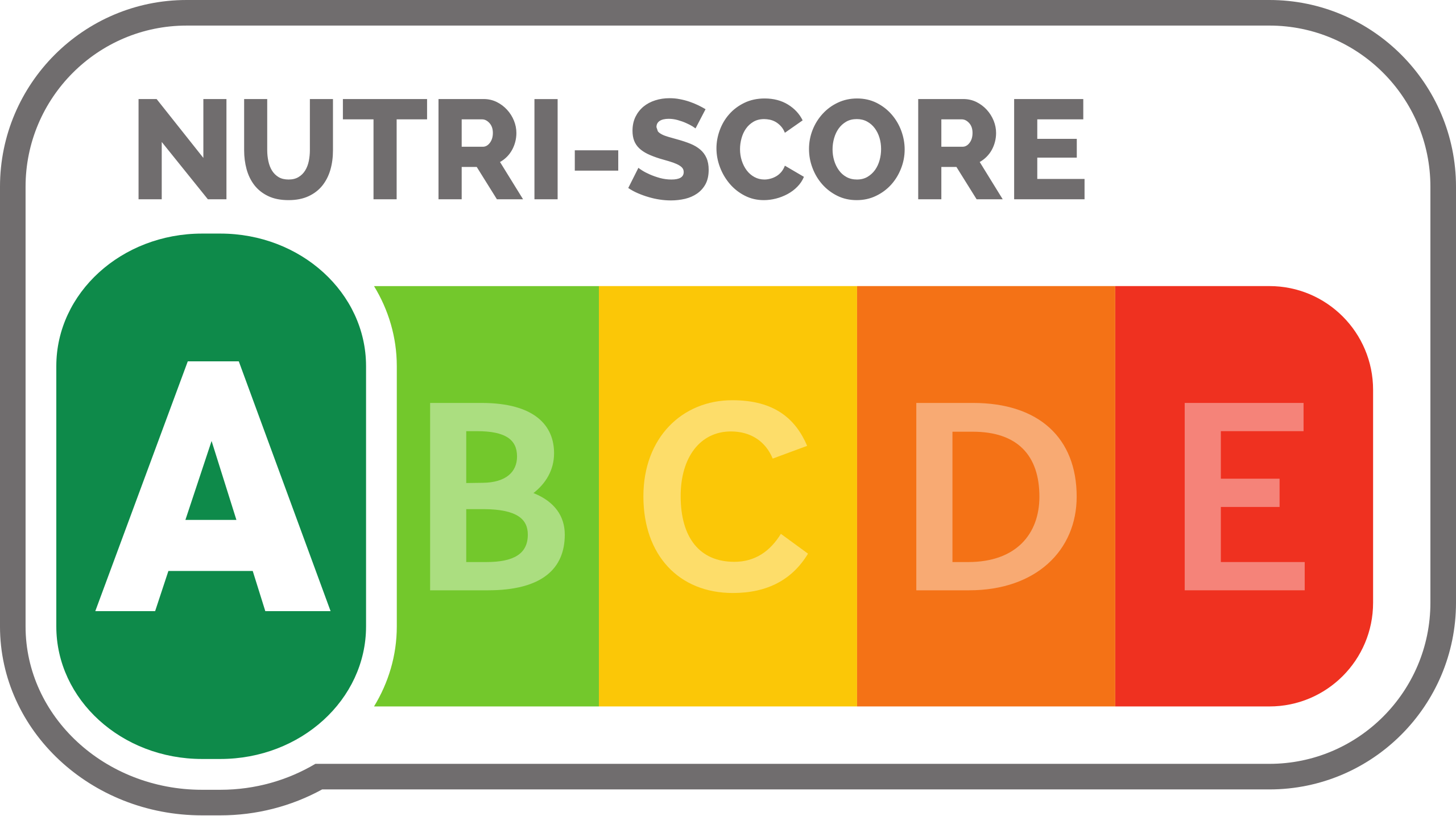
Nutri M : Products that look good, taste good and make you feel good
Recognising the importance of nutrition and health, we are committed to improving the nutritional profile of our products through our NUTRI M program. Our NPD teams optimize recipes to combine health and indulgence, mainly by reducing sugar, salt, and saturated fat content and incorporating fiber and protein-rich ingredients whenever possible – without any compromise on quality and taste.
In 2022, many of our products saw their Nutri Score improve by up to 2-3 letters! At Valade, four of our historic products had sugar levels reduced by up to 30%. In England, some cheesecakes saw their salt content decrease by over 75%!

Climate Change Strategy
Reducing our environmental impact is one of the key pillars of Mademoiselle Desserts’ CSR commitment.
The group has defined its path for reducing greenhouse gas (GHG) emissions, which involves committing to intermediate targets for reducing CO2e emissions by 2030, when comparing to a 2022 base year. This has now been validated by the Science Based targets initiative (SBTi) and the targets are as follows.
- GHG emissions in absolute terms, scope 1 & 2, 2030 target : -50.9%
- GHG emissions per tonne of products sold, scope 3 (excluding agricultural products), 2030 target : -51.6%
- GHG emissions in absolute value FLAG scope 3 (related to agricultural products), 2030 target : -30.3%
- Since the end of 2023, the Group has been committed to the SBTi (Science-based target initiative) and has had the targets validated in June 2025.
Read more here – https://sciencebasedtargets.org/target-dashboard.
Mademoiselle Desserts is defining new standards of low-carbon ways of producing cakes and desserts
In the face of climate change and the biodiversity crisis, cakes and desserts production needs to reinvent itself to maintain a place on everyone’s plate by 2050. With this in mind, Mademoiselle Desserts is putting it creativity and resources into developing a more sustainable approach to sweet bakery. You can read our environmental policy here.

Values and ethic
Our values
Dedicated to offering everyone the best in patisserie, this is our Mission Statement, supported by our 4 values: Delight, Respect, Passion, Commitment. These values reflect our corporate culture and daily operations.
Ethical charter
Because nothing lasts without ethic, the executive committee at Mademoiselle Desserts undertakes to sign and enforce the group’s ethical charter.
This is implemented according to the 10 principles for behaviour and action of our Ethical Charter.
Integrity line
As part of its ethical policy, the Mademoiselle Desserts Group wishes to allow its employees, or any other stakeholder and/or partner of the company, to report, fairly and in good faith, any practice contrary to ethics (see our ethical charter). This is why Mademoiselle Desserts has implemented an alert system available at this address: mademoiselledesserts.integrityline.app/.
Sustainability and Transparency are essential for our Corporate Social Responsibility strategy. By integrating this alert system, the Group is acting to meet its commitments.
Responsible Purchasing
Mademoiselle Desserts wants to create a positive and significant social, societal, and environmental impact in the performance of its activities and would like its suppliers and service providers to advance with it. The Group is gradually integrating societal and environmental requirements into its purchasing data. All buyers are trained in responsible purchasing.
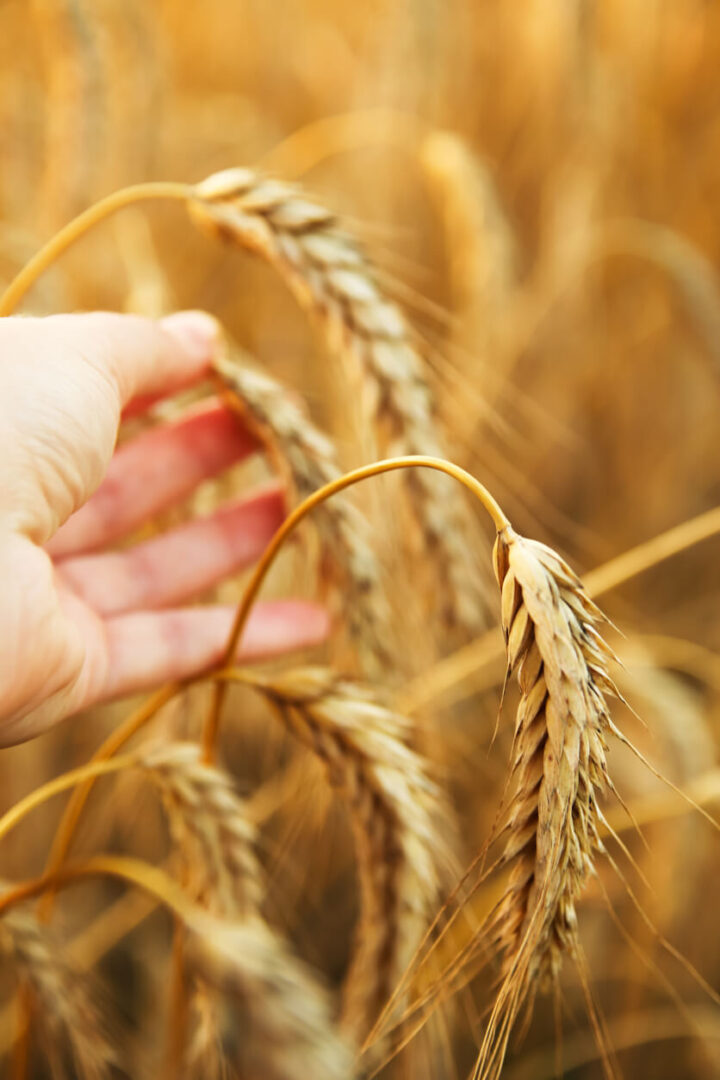
Commitments and targets are defined and reviewed regularly.
- At the start of 2023, 45% of our eggs were from alternative producers and by 2025 we aim to source 100% (cage-free).
- We use fresh, local milk, collected close to our production sites. Our suppliers comply with recognised standards, such as the Charter of Good Agricultural Practices established by the French National Cattle Federation and the French National Federation of Milk Producers in France.
- For our purchases of butter, we use dairies where the collection of milk comes from farms favouring grass-fed cows.
- We purchase wheat flour from mills situated at least 250km from our production sites. For example, all our sweet pastry manufactured at our Dordogne site uses wheat originating from the Périgord region.
- The sugar used in our recipes is mainly derived from beets grown in northern France or the United Kingdom for supplies to our sites in England.
- We source our chocolate from suppliers who are committed to a socially responsible corporate approach, who undertake to provide high-quality cocoa, address climate change, and consolidate a model of sustainable and profitable production for producers. For example, 15% of our supplies are currently UTZ certified.
- Our mini beignets are manufactured from 100% RSPO certified segregated palm oil*.
*RSPO segregated: RSPO, or Roundtable on Sustainable Palm Oil, is a label issued by an organisation which certifies and promotes sustainable palm oil. Since 2011, this multi-stakeholder international initiative (ONG, producers of palm oil, manufacturers) have issued a label to manufacturers which guarantees that the culture of the oil palm is not made to the detriment of the primary forest and the fundamental rights of local populations.

